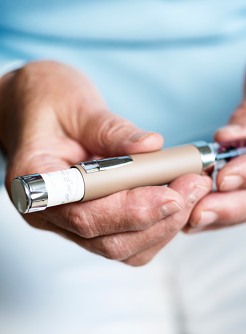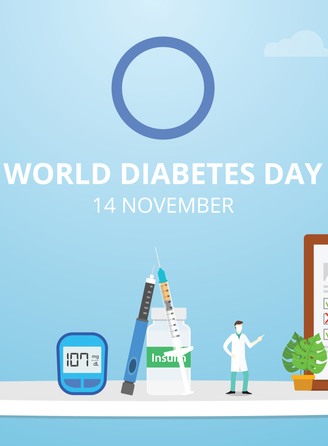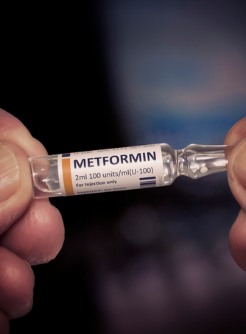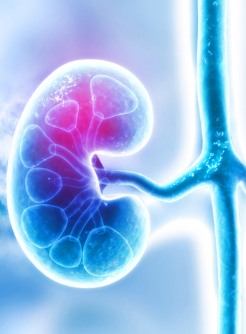Weight Loss Key to Improved Insulin Sensitivity, Whether By Diet Or Surgery
By Brenda L. Mooney, /alert Contributor
August 26, 2020
Although bariatric surgery has been shown in randomized clinical trials to be more effective than medical therapy for treatment of type 2 diabetes, it has not always been possible to tease out what effects are from the surgery itself and which benefits are directly related to weight loss.
Some studies have even suggested that unique therapeutic effects on glycemic control occur with surgical procedures that involve bypass of the upper gastrointestinal tract, such as Roux-en-Y gastric bypass, citing higher incidence of diabetes remission after gastric bypass than after procedures that maintain intestinal continuity.
Yet, a study in the New England Journal of Medicine points out that results from such studies are confounded by differences in weight loss among patients who undergo the procedures.
“The effects of gastric bypass, independent of weight loss, on the major factors involved in the pathogenesis of type 2 diabetes, namely multiorgan insulin resistance, alterations in the metabolic response to meal ingestion, and inadequate beta-cell function, are unclear because of conflicting results among studies and because data on several of these factors are limited,” write the authors from Washington University School of Medicine and the University of California San Diego.
To remedy that, they designed a study to determine whether metabolic effects from gastric bypass are independent of weight loss in patients with both obesity and type 2 diabetes. In 22 obese patients with diabetes who had weight loss of about 18% in both groups, researchers compared the effects of significant weight loss related to Roux-en-Y gastric bypass vs. the effects of the same weight loss induced only by a low-calorie diet. Measures included hepatic insulin sensitivity, defined as the primary outcome, as well as the following:
muscle and adipose tissue insulin sensitivity;
beta-cell function;
the metabolic response to mixed-meal ingestion;
24-hour plasma glucose,
free fatty acid,
insulin profiles; and
body composition.
Also evaluated were additional factors touted as effects of gastric bypass independent of weight loss, such as alterations in plasma branched-chain amino acids, plasma bile acids, and the gut microbiome.
“We found nearly identical benefits of matched weight loss induced by gastric bypass or diet alone on multiorgan insulin sensitivity, beta-cell function, 24-hour plasma glucose and insulin profiles, and body composition,” researchers report.
Results indicate that weight loss was associated with increases in mean suppression of glucose production from baseline, by 7.04 μmol per kilogram of fat-free mass per minute (95% confidence interval [CI], 4.74 to 9.33) in the diet group and by 7.02 μmol per kilogram of fat-free mass per minute (95% CI, 3.21 to 10.84) in the surgery group during clamp stage 1, and by 5.39 (95% CI, 2.44 to 8.34) and 5.37 (95% CI, 2.41 to 8.33) μmol per kilogram of fat-free mass per minute in the two groups, respectively, during clamp stage 2.
The authors point out that weight loss was associated with increased insulin-stimulated glucose disposal, from 30.5±15.9 to 61.6±13.0 μmol per kilogram of fat-free mass per minute in the diet group and from 29.4±12.6 to 54.5±10.4 μmol per kilogram of fat-free mass per minute in the surgery group. In terms of increased beta-cell function (insulin secretion relative to insulin sensitivity, weight loss achieved that by 1.83 units (95% CI, 1.22 to 2.44) in the diet group and by 1.11 units (95% CI, 0.08 to 2.15) in the surgery group, decreasing the areas under the curve for 24-hour plasma glucose and insulin levels in both groups. No significant difference between the groups were found with any of those measure, and no major complications occurred in either group, according to the study.
Researchers conclude that the metabolic benefits of gastric bypass surgery and diet were similar and “were apparently related to weight loss itself, with no evident clinically important effects independent of weight loss.”



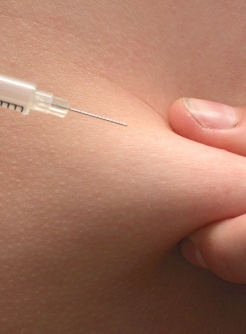








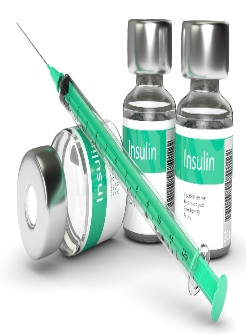


.jpg)





